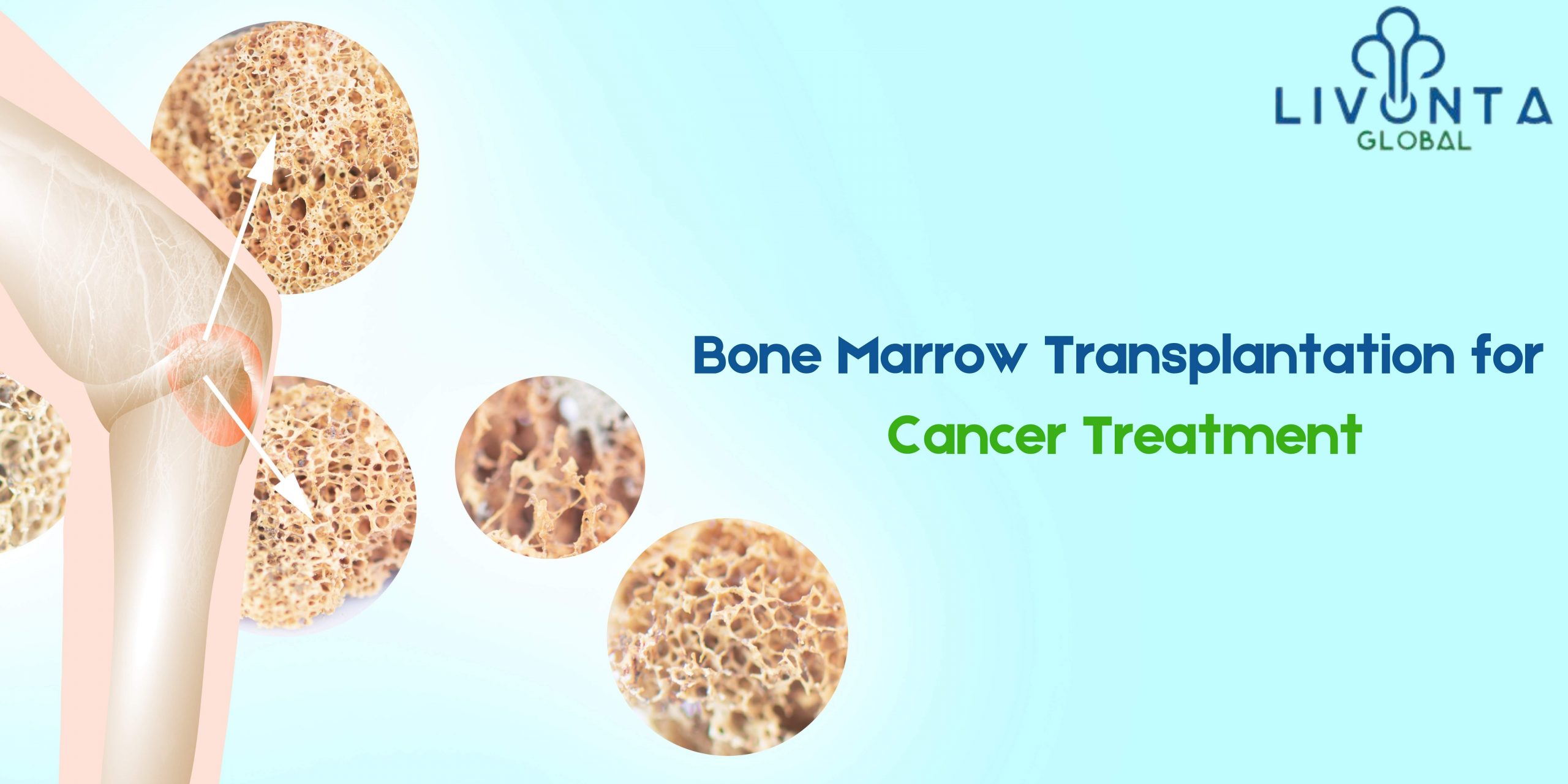
Bone Marrow Transplantation for Cancer Treatment
Bone marrow is a sponge-like substance present in some bones. It produces red blood cells, white blood cells, and platelets, among other blood cells. The creation of healthy blood cells might be slowed or stopped if the marrow is damaged. This can result in a variety of health problems. It’s difficult to transfer oxygen throughout the body when red blood cells are poor, for example. The immune system is weakened by a lack of white blood cells. Abnormal bleeding can be caused by low platelets. The marrow can be damaged by both cancer and cancer treatment.
BMT is a procedure done by specialists in cancer treatment in India that replaces damaged bone marrow with healthy bone marrow from a donor. Cancers such as leukemia, lymphoma, and myeloma may necessitate this procedure. Treatment for myelodysplastic disorders may also necessitate it. After the diagnosis, patients must look for the Bone Marrow Transplant in India to get the condition cured or reduce the chances of proliferation.
What Is Bone Marrow Transplantation and How Does It Work?
Stem cells have the ability to develop into any form of blood cell. The majority of them are found in the bone marrow. Peripheral blood stem cells (PBSCs) are a type of stem cell that can be found in the blood. Peripheral blood stem cell transplantation is the term used when PBSCs are used in the transplant (PBSCT). Stem cells can also be found in umbilical cord blood. They are employed in the transplanting of stem cells.
Donor stem cells are injected into the patient’s bloodstream. They’ll next make their way to the bone marrow, where they’ll start producing healthy blood cells.
What Is the Purpose of Bone Marrow Transplantation?
Chemotherapy and radiation therapy target cancer cells, but they can also harm healthy fast-growing cells. BMT is a procedure that replaces malignant cells in the bone marrow with healthy, noncancerous cells. Damage to stem cells can occur as a result of:
- Cancer process
- Chemotherapy
- Radiation therapy
BMT (beta-mammalian therapy) cannot be used to prevent cancer. It also won’t help if the bone marrow has been entirely damaged.
Damage to the bone marrow can be induced by a variety of factors, including:
- Chemotherapy and/or radiation therapy directed at the bone marrow—is commonly used to treat blood malignancies such as leukemias and lymphomas.
- All cells in the body, including stem cells, are affected by systemic therapy.
What Are the Different Kinds of Bone Marrow Transplants?
Transplantation of Autologous Tissue
Stem cells are taken from your blood or bone marrow. Before receiving high-dose cancer treatment, they are frozen. The stem cells are returned to your body after the chemotherapy treatment is finished. The bone marrow and blood cells will be restored by the stem cells.
Allogeneic Transplantation
Allogeneic Transplantation is a procedure in which a person receives a donor’s stem cells which will be utilised. The tissue type of the donor must be very similar to yours. Allogeneic transplants come in a variety of forms:
- Syngeneic – that the donor is an identical twin of yours.
- Related—The donor is frequently a sibling or sister of yours.
- Unrelated—The donor isn’t related to you in any way.
Only a twin that is identical to you has the same tissue type as you. Those who have the same biological mother and father have a 25% chance of having tissue types that are similar to yours.
The most serious issue after BMT is cancer recurrence (relapse). After an autologous transplant, relapse is more likely. This could be related to cancer cells in the stem cells that were implanted. Disease recurrence is the leading cause of death after a transplant.
Nausea, vomiting, exhaustion, lack of appetite, mouth sores, hair loss, and skin responses are all possible short-term adverse effects. It’s possible that you’ll have more adverse effects. Consult your doctor for precise facts and details about your treatment plan.
Bone Marrow Transplant Treatment
